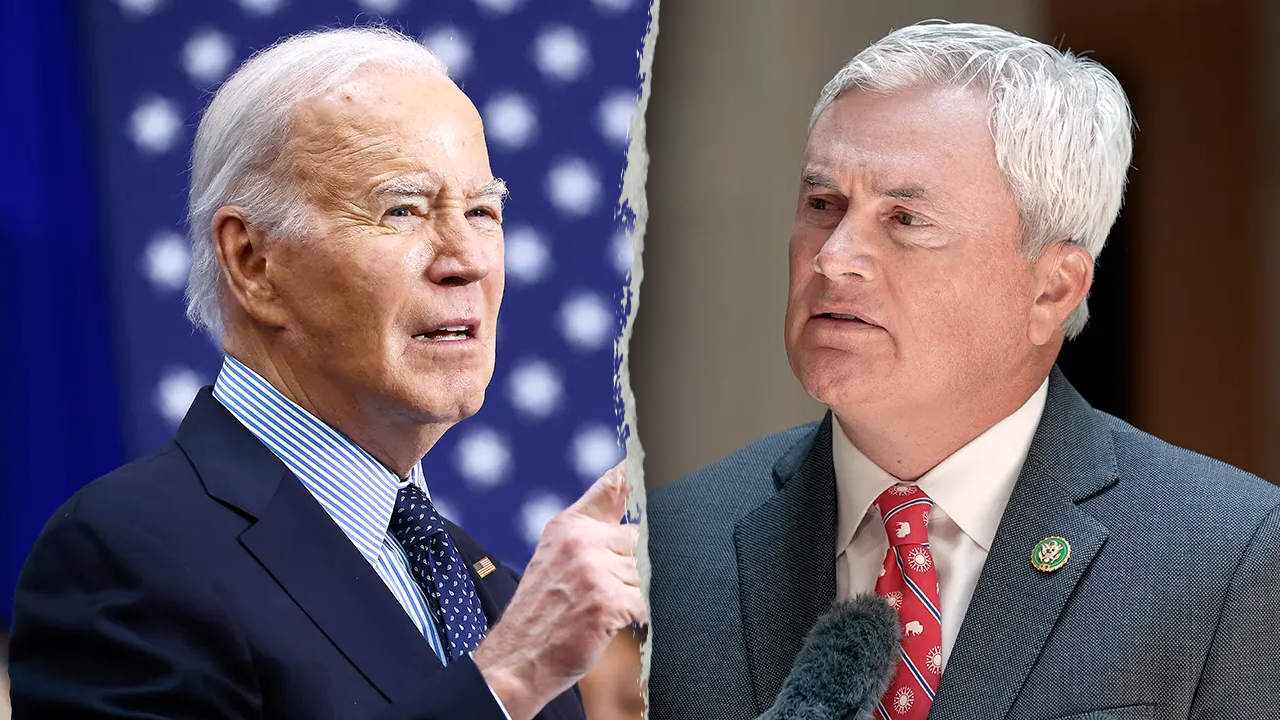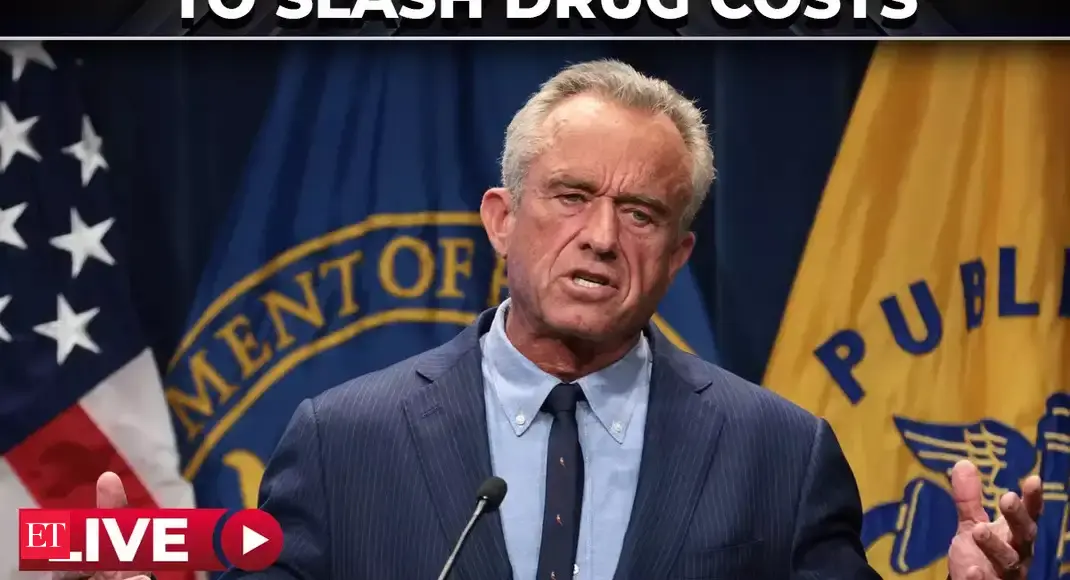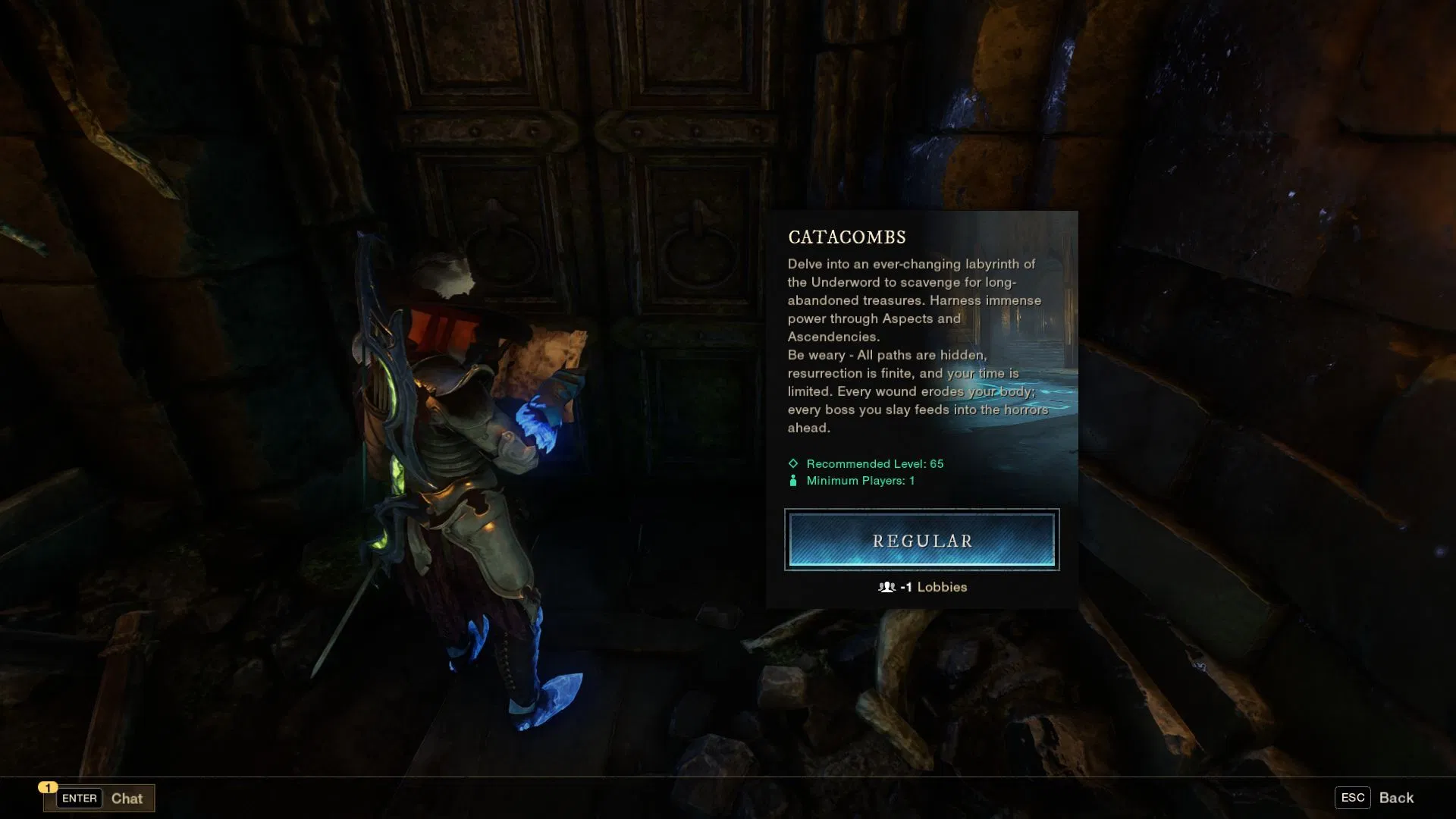Copyright Fast Company

BY Margie Warrell Matt outworked his peers and risen a rung too high on the career ladder—at least, too high for the good of anything but his insecure ego. Constantly fearing his bluff would be blown, he overcompensated by striving to impress upward while leading from fear. His anxiety seeped through his management team, then filtered into the ranks beneath, chipping away at everyone’s courage. He micromanaged, filtered feedback, and pushed out anyone who challenged him—the best, brightest, and boldest. When crisis hit, his “play not to lose” mentality magnified while competitors gained ground Chances are you’ve met someone like Matt. They’re crushing every deadline, exceeding every target, climbing every ladder. But look closer, and you may also see fractured relationships, disenchanted colleagues, and toxic team dynamics in their wake. Meet the “insecure overachiever”—exceptionally capable people whose deep-seated insecurities override their nobler aspirations. These aren’t garden-variety workaholics. They’re high performers driven by a gnawing fear of not being enough: not smart enough, valued enough, worthy enough. The distinction between healthy ambition and insecure overachievement is deceptively subtle. Both deliver results. But healthy ambition stems from wanting to contribute value and build connection, while insecure overachievement is fueled by the need to prove worth and alleviate anxiety. Subscribe to the Daily newsletter.Fast Company's trending stories delivered to you every day Why The Best Workers Can Destroy The Most Value What makes this pattern problematic is that organizations often reward the dysfunction. Insecure overachievers stay later, work harder, say yes faster, and consistently over-deliver. Those in power generally love them—until the hidden costs surface: toxic cultures, talent loss, and teams that become competitive battlegrounds rather than collaborative ecosystems. The warning signs can be subtle. Wins bring only fleeting relief before anxiety about the next goal kicks in. They sacrifice essentials—sleep, health, relationships—for work extras. Self-worth becomes dangerously intertwined with output: a bad day at work equals being a bad human. Here’s where it gets destructive: insecurity rarely stays contained. Insecure overachievers often shore up fragile egos by diminishing others. When your worth feels constantly threatened, making others feel smaller provides temporary relief. Axios cofounder Jim VandeHei put it bluntly “Nothing destroys more relationships, teams, or companies than insecure people in power,” he warned. “It’s an insidious form of cancer.” Breaking Free Without Breaking Down Recognizing yourself in this pattern? The good news: breaking free doesn’t mean abandoning ambition. It means realigning it from proving something to improving something. Find Your Summon Bonum. Roman philosopher Cicero coined this phrase—Latin for “the highest good”—believing everyone should aspire toward it. Until we’re more committed to a positive future outcome, our actions will be governed by fear of a negative one. Trade proving for improving. When all your energy focuses on impressing others, it’s taken from improving yourself and tapping into your creative faculty to bring smarter solutions. The irony? Shifting from external validation to personal growth and contribution creates more sustainable success—and greater respect—over time. Instead of “What did others think?” ask “What did I learn?” Schedule non-negotiable recovery. Treat rest like any other crucial meeting. Organizational psychologist Adam Grant’s research demonstrates that meaningful contribution—not endless output—drives long-term well-being and sustainable performance. Practice radical self-compassion. Talk to yourself like you would a trusted friend facing the same struggles. Dr. Kristin Neff’s research shows self-compassion actually improves performance by reducing the fear that fuels over-functioning. Embrace the insecure part of yourself; befriend that younger version who learned that achievement equaled love. Leading Insecure Overachievers If you manage these high performers, resist the temptation to simply enjoy their output while ignoring their patterns. Left unchecked, their behaviors can poison entire teams. Spot the early warnings. Notice team members who rarely delegate, constantly seek reassurance despite competence, take more credit than due, or obsess over managing upward while neglecting their own teams. Like Matt, they create competitive rather than collaborative environments. Have direct conversations about workload and help them see how their drive affects team dynamics, not just individual metrics. Recognize effort, not just results. Focus on contribution over competition. Acknowledge people for who they are, not only what they produce. Amy Edmondson’s research on psychological safety shows that when people feel safe to be imperfect, teams become more innovative and resilient. Model healthy boundaries. If you’re sending midnight emails and working weekends, you’re reinforcing the very behaviors you want to change. Demonstrate that rest and boundaries are professional strengths, not weaknesses. The Path Forward Organizations need ambitious, competitive, and driven professionals. But the healthiest ambition comes from being committed to outcomes that transcend self-interest and insecurity alleviation. Organizations whose leaders are more committed to purposeful growth over impression management will ultimately outperform others. The real question isn’t whether you’re achieving enough—it’s whether you’re achieving for the right reasons, and whether your drive lifts others up or tears them down. Sustainable success isn’t about proving your worth at others’ expense. It’s about expressing your potential while helping others do the same. Don’t be a Matt. The world has enough insecure overachievers already. The early-rate deadline for Fast Company’s World Changing Ideas Awards is Friday, November 14, at 11:59 p.m. PT. Apply today. ABOUT THE AUTHOR Margie Warrell, PhD (pronounced Mar-gee), is a five-time best-selling author including The Courage Gap: 5 Steps to Braver Action, keynote speaker, leadership coach, and former Senior Partner, CEO & Enterprise Leadership Institute at Korn Ferry. More



